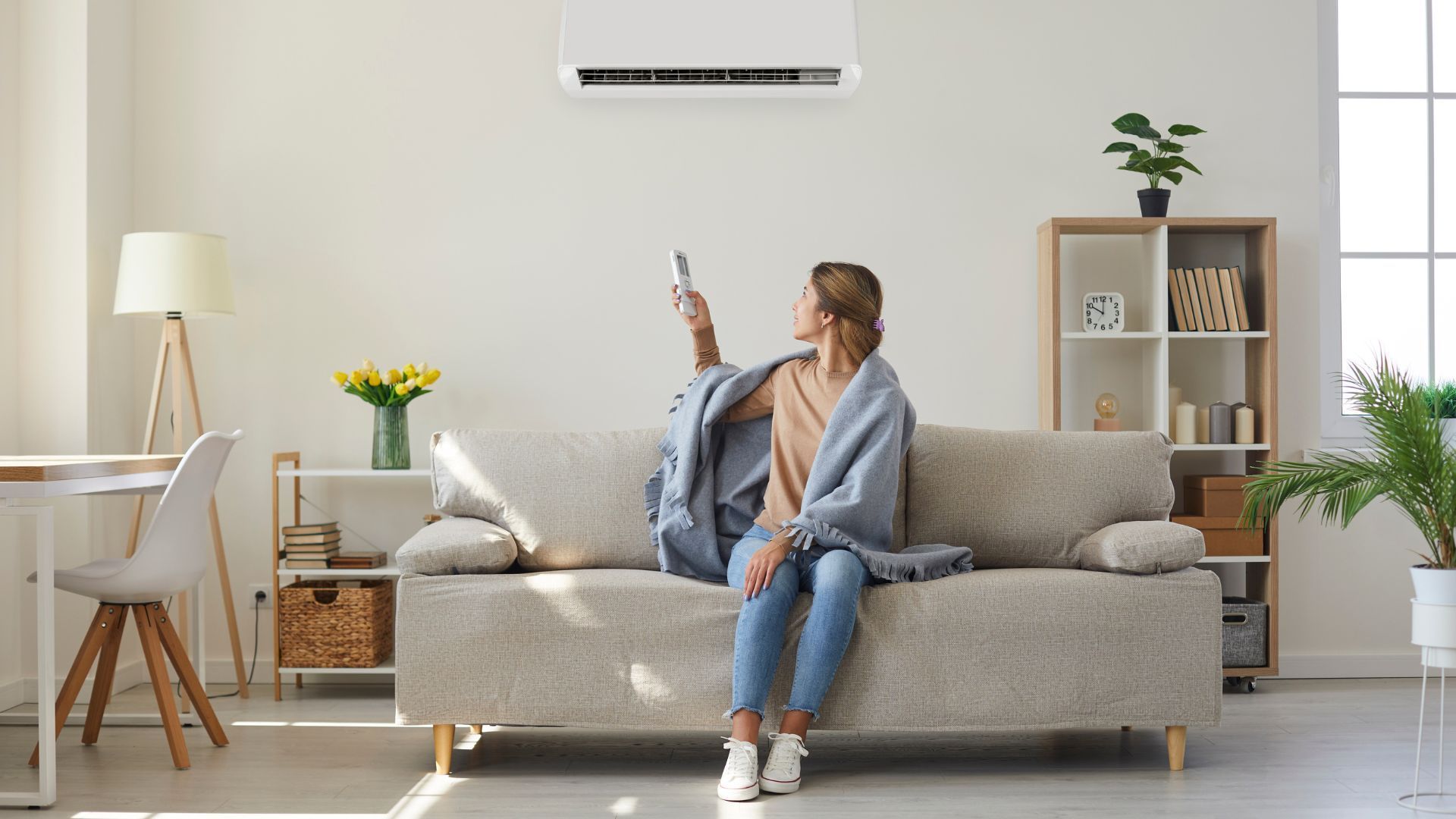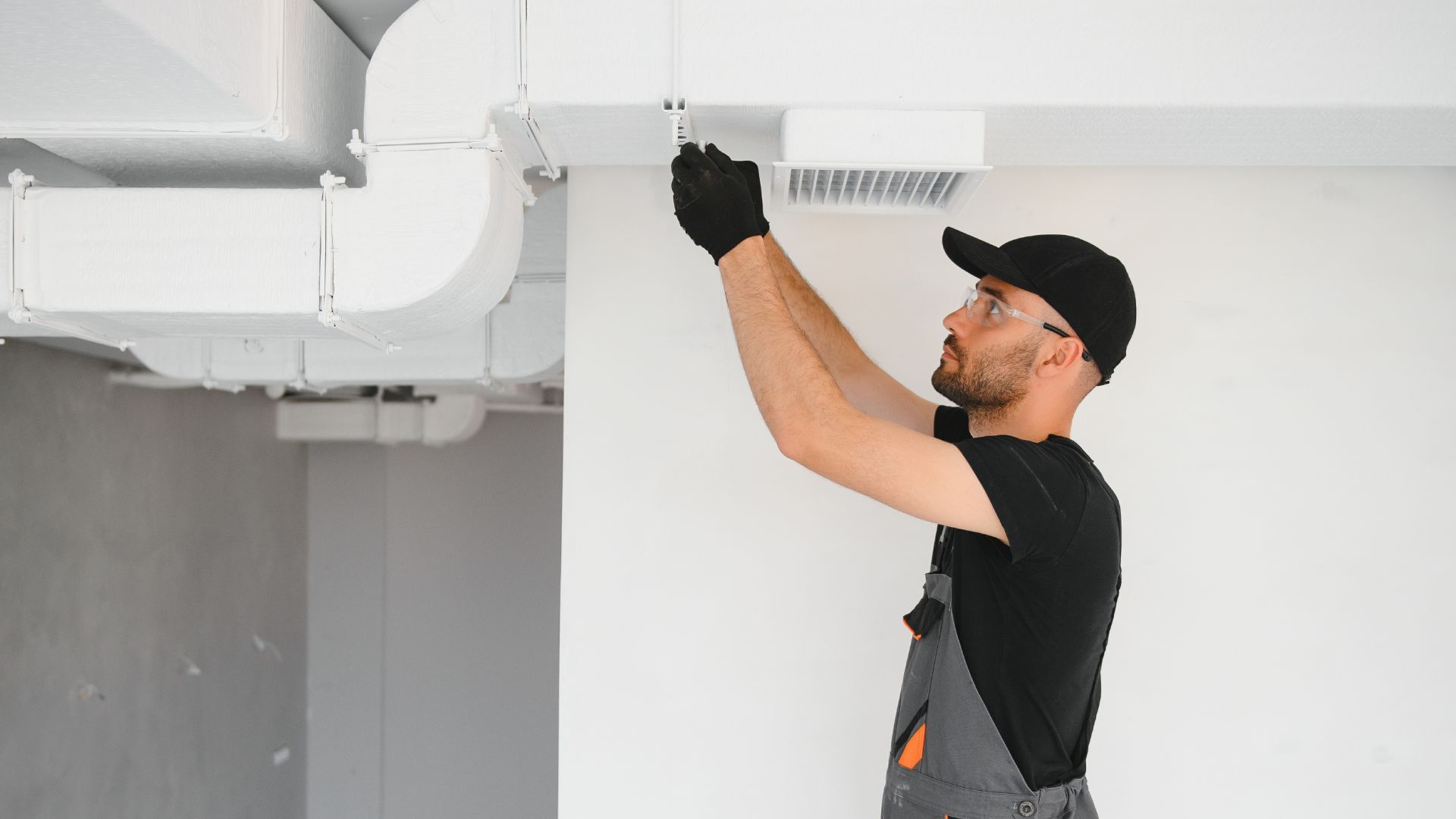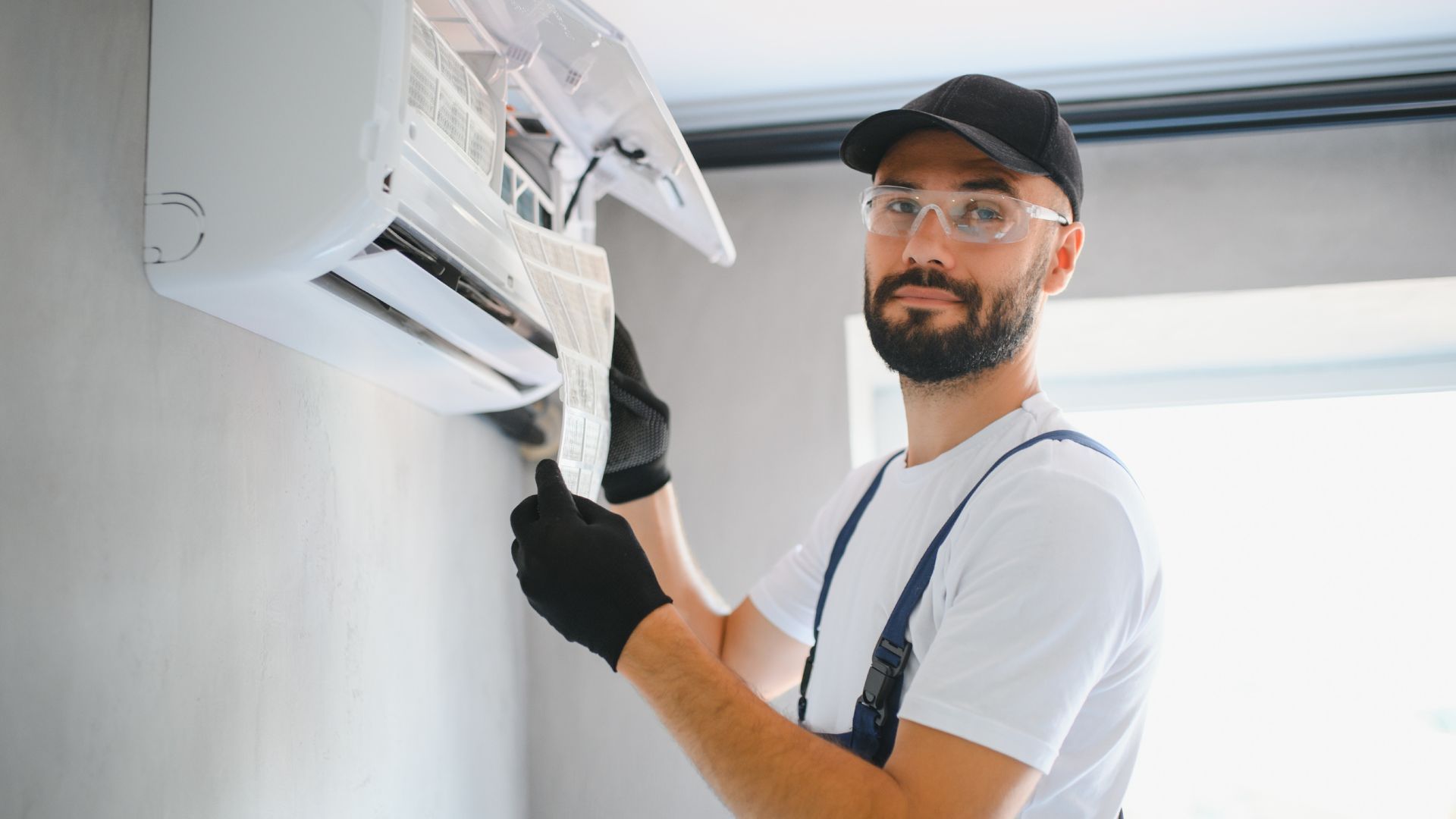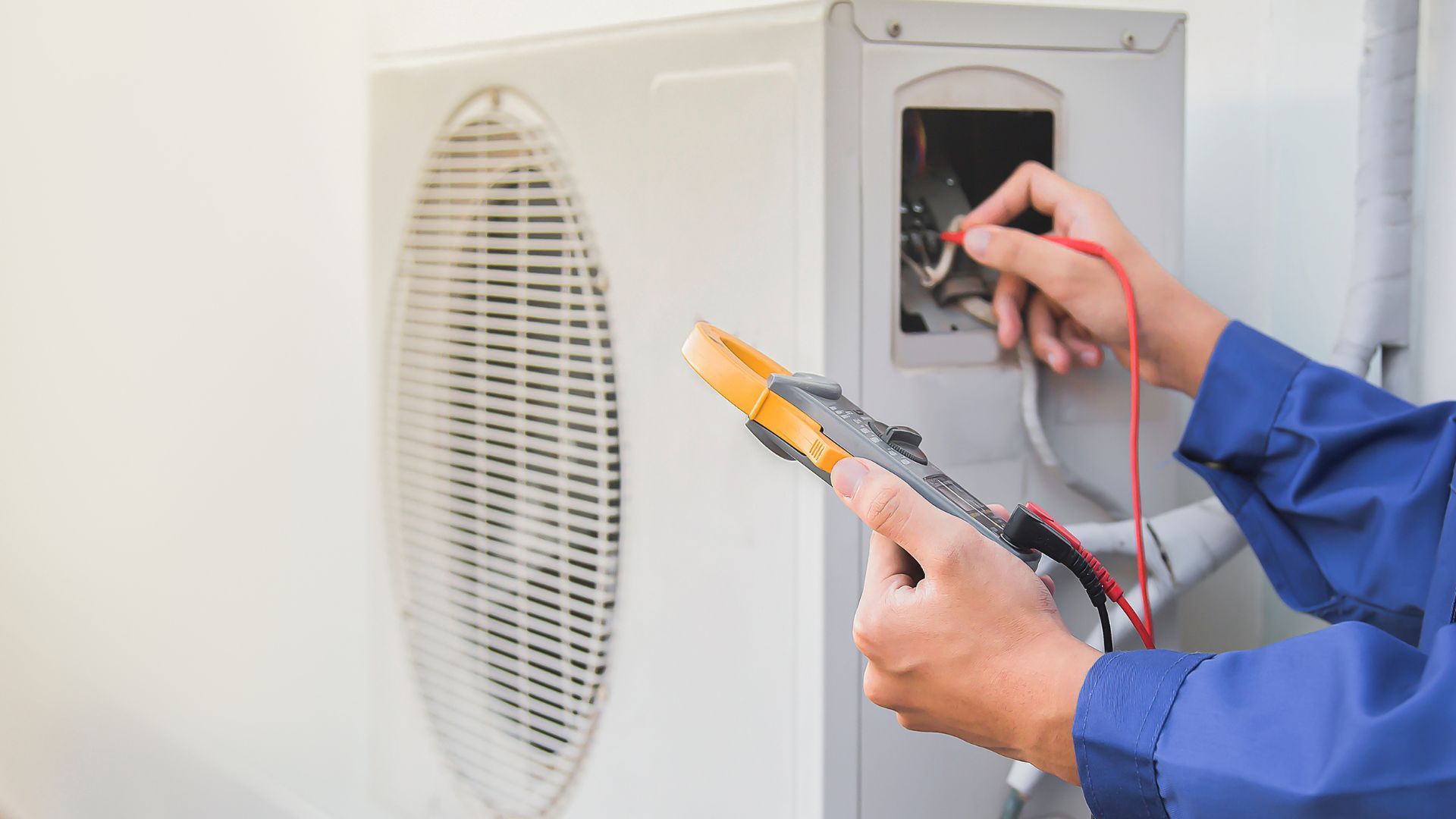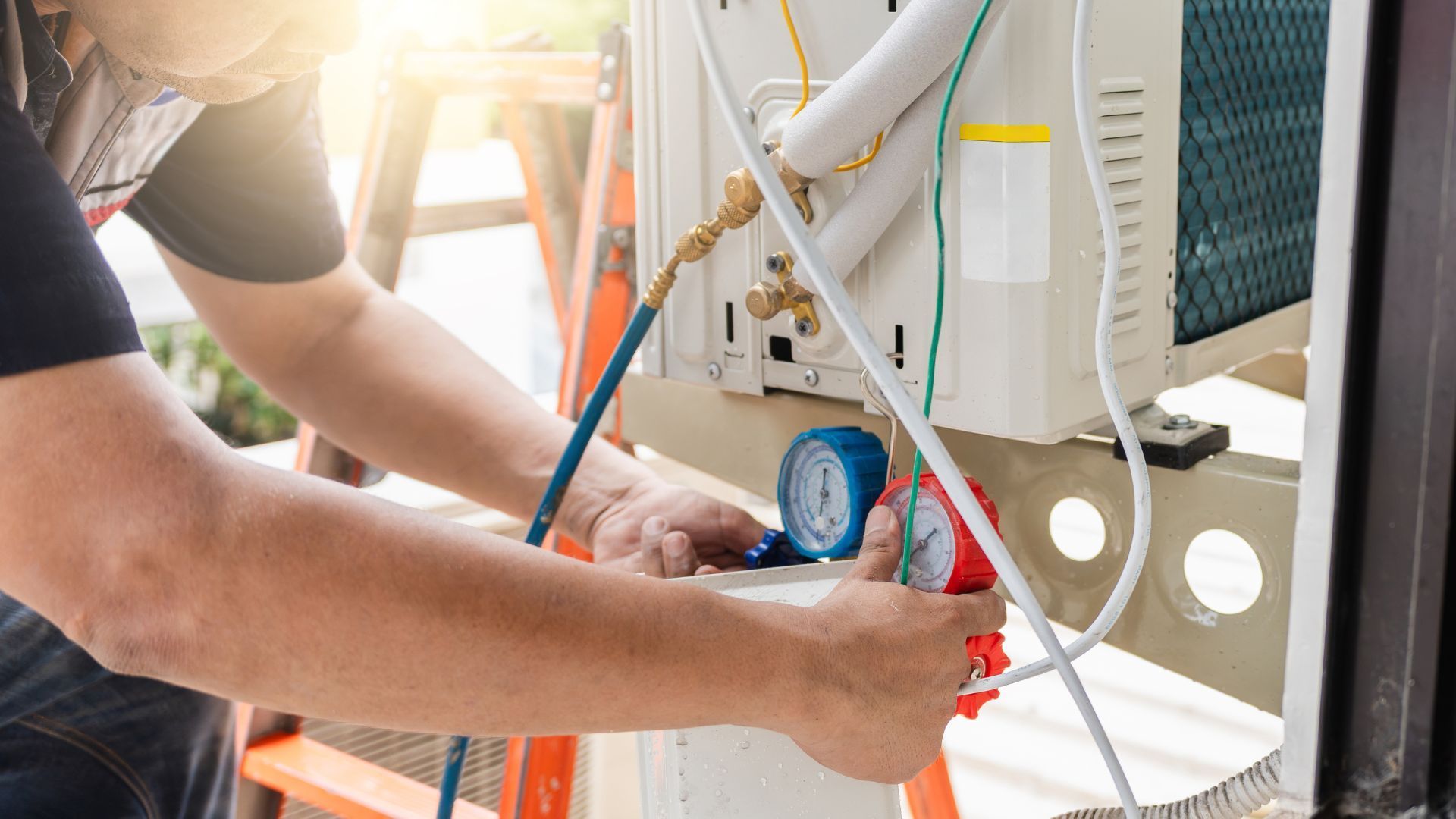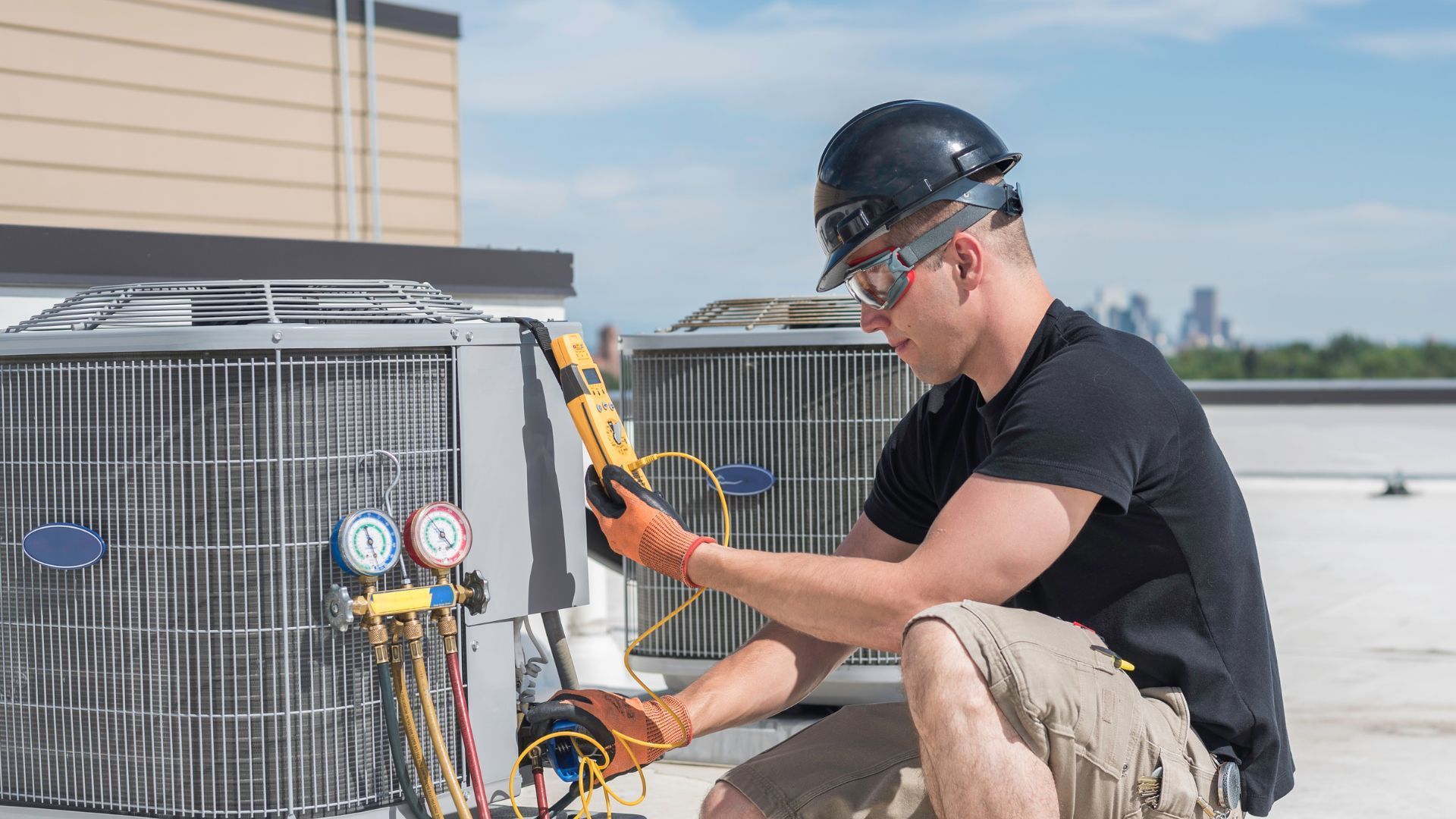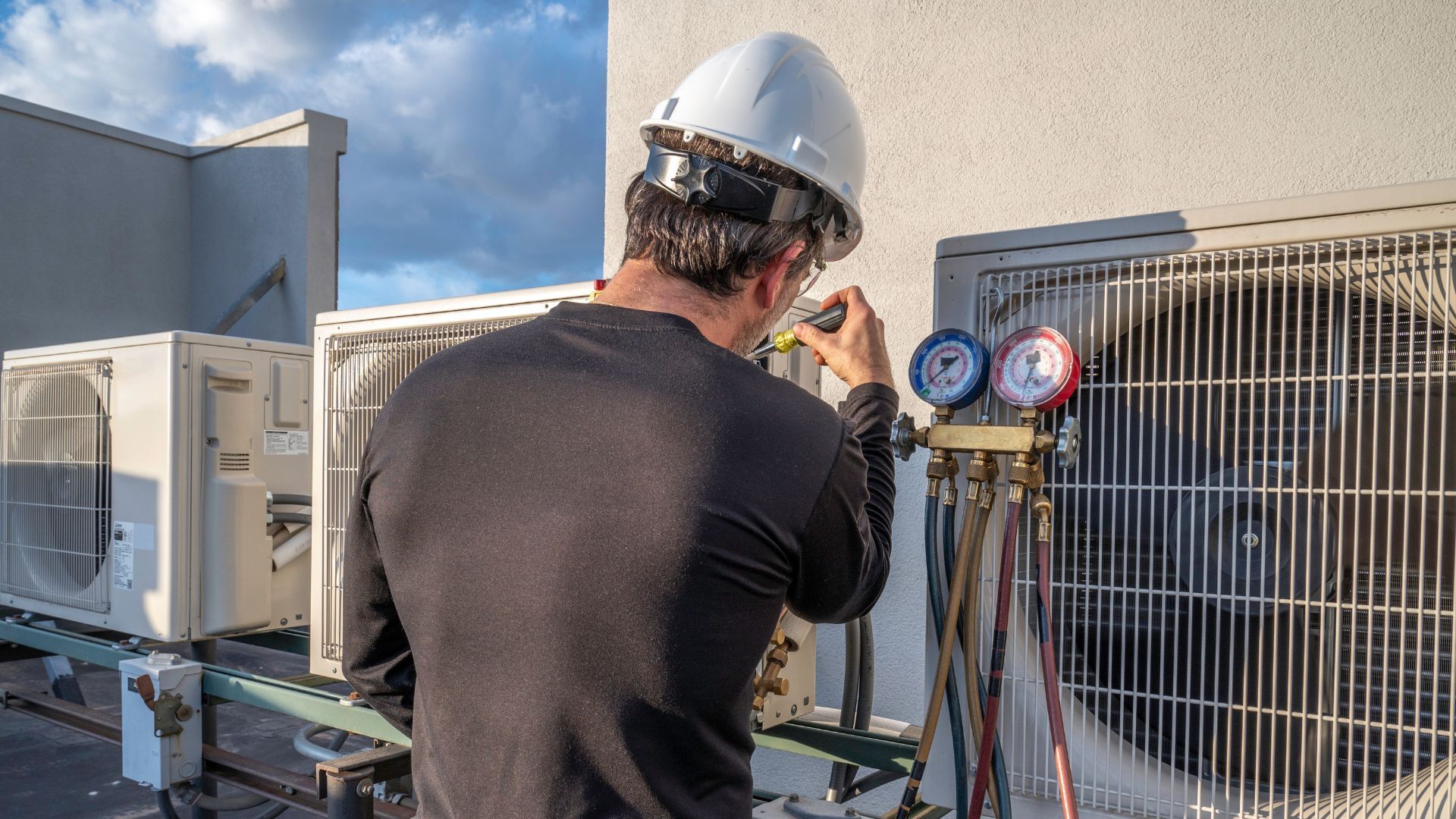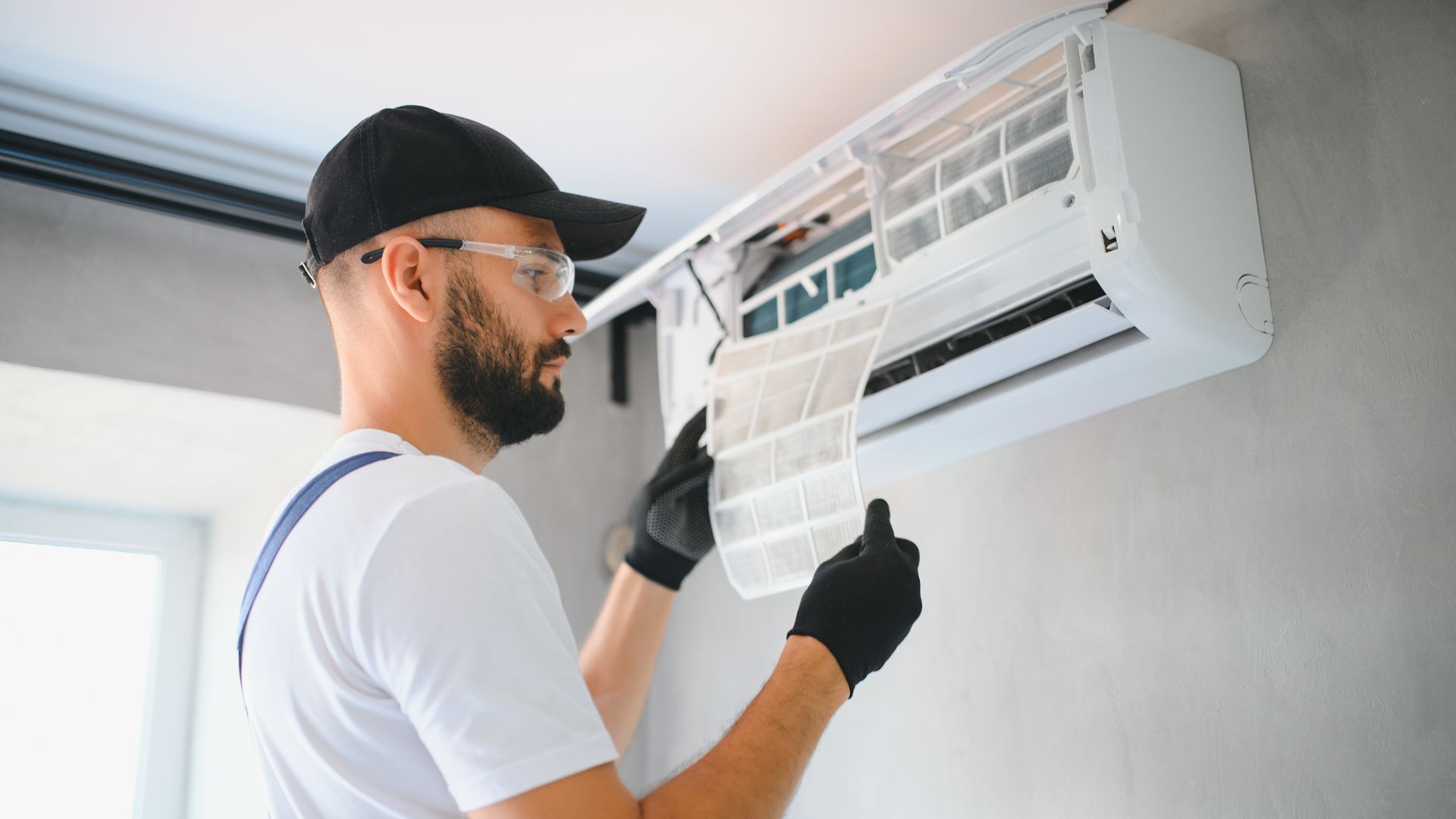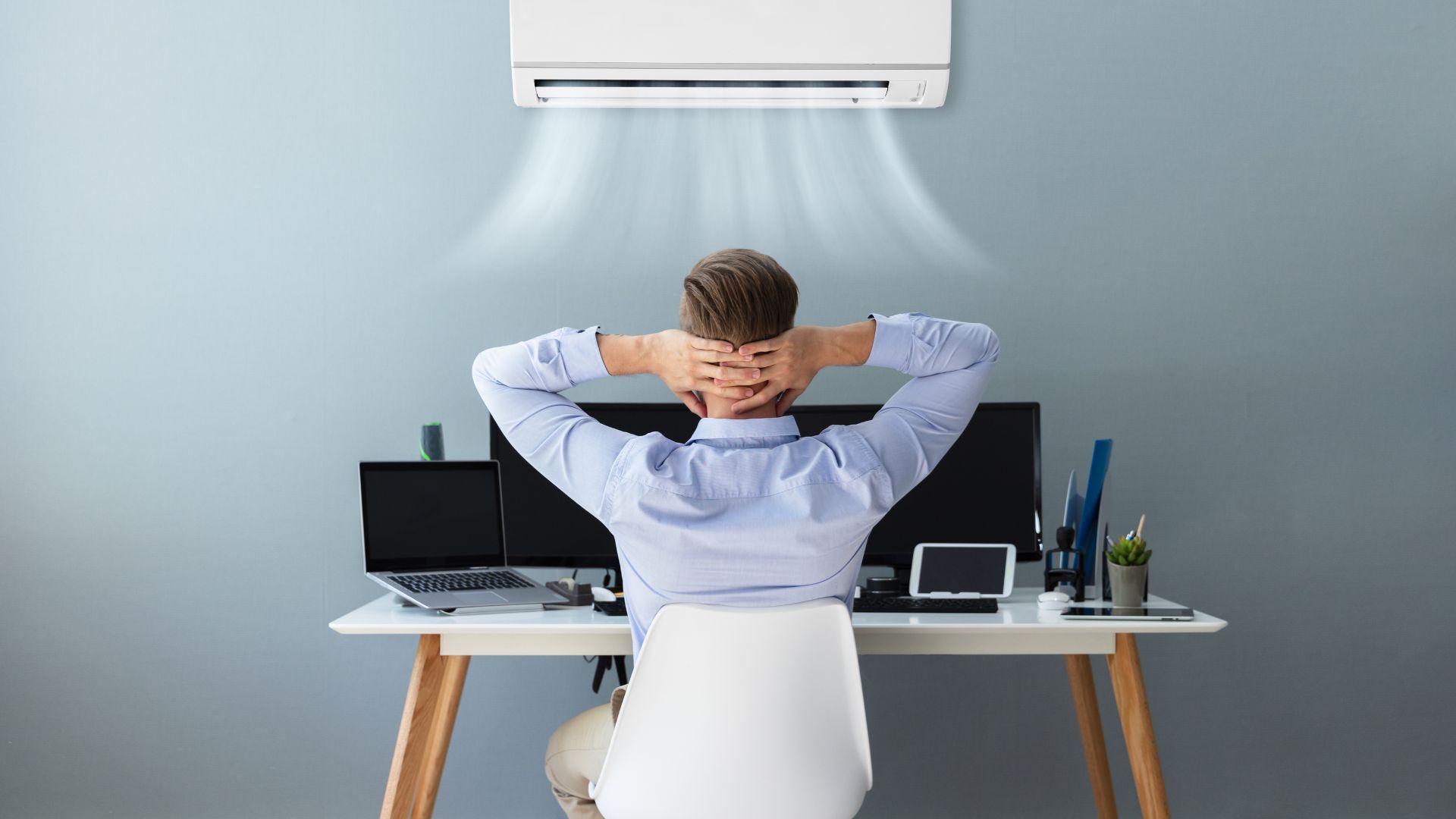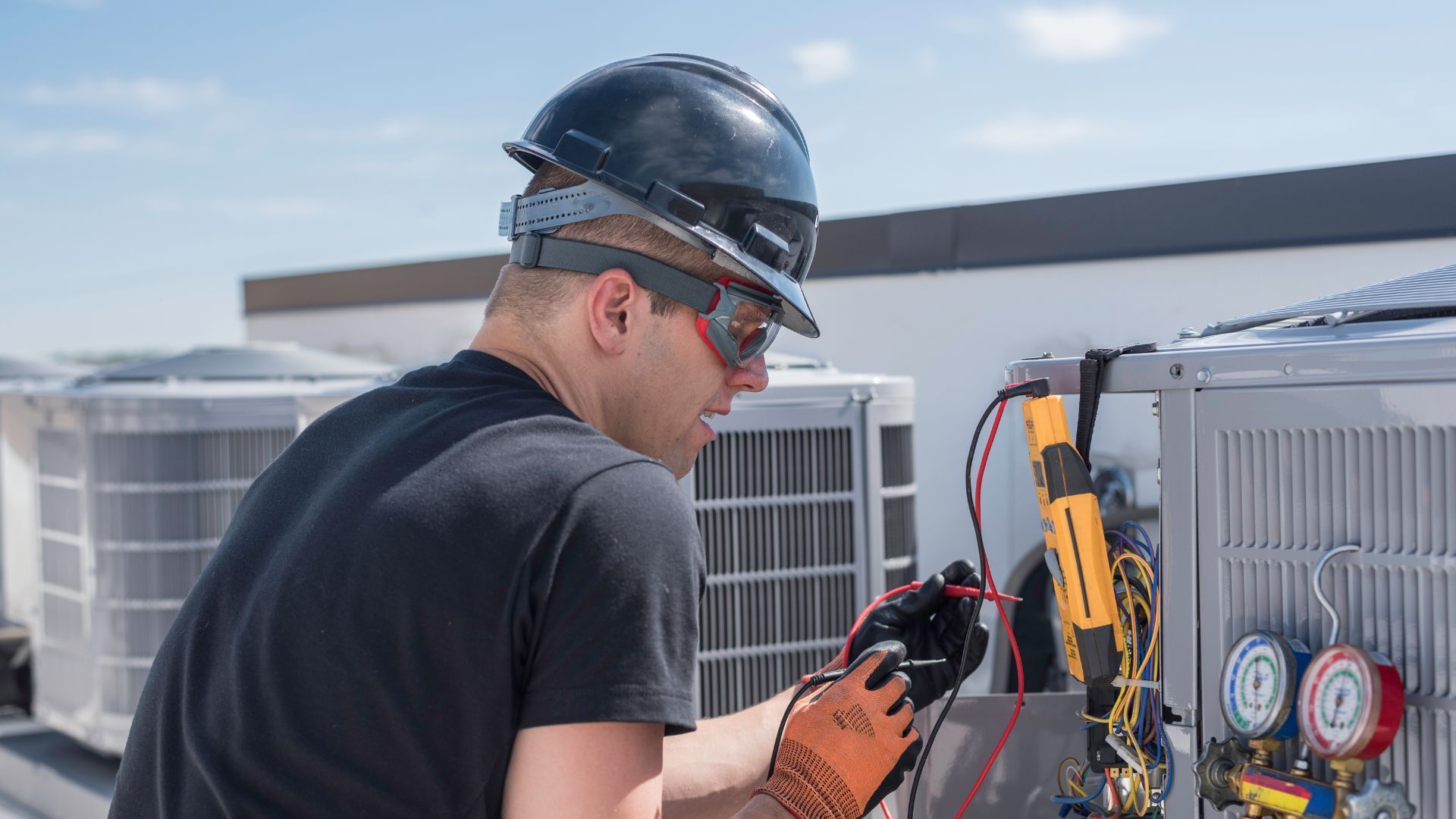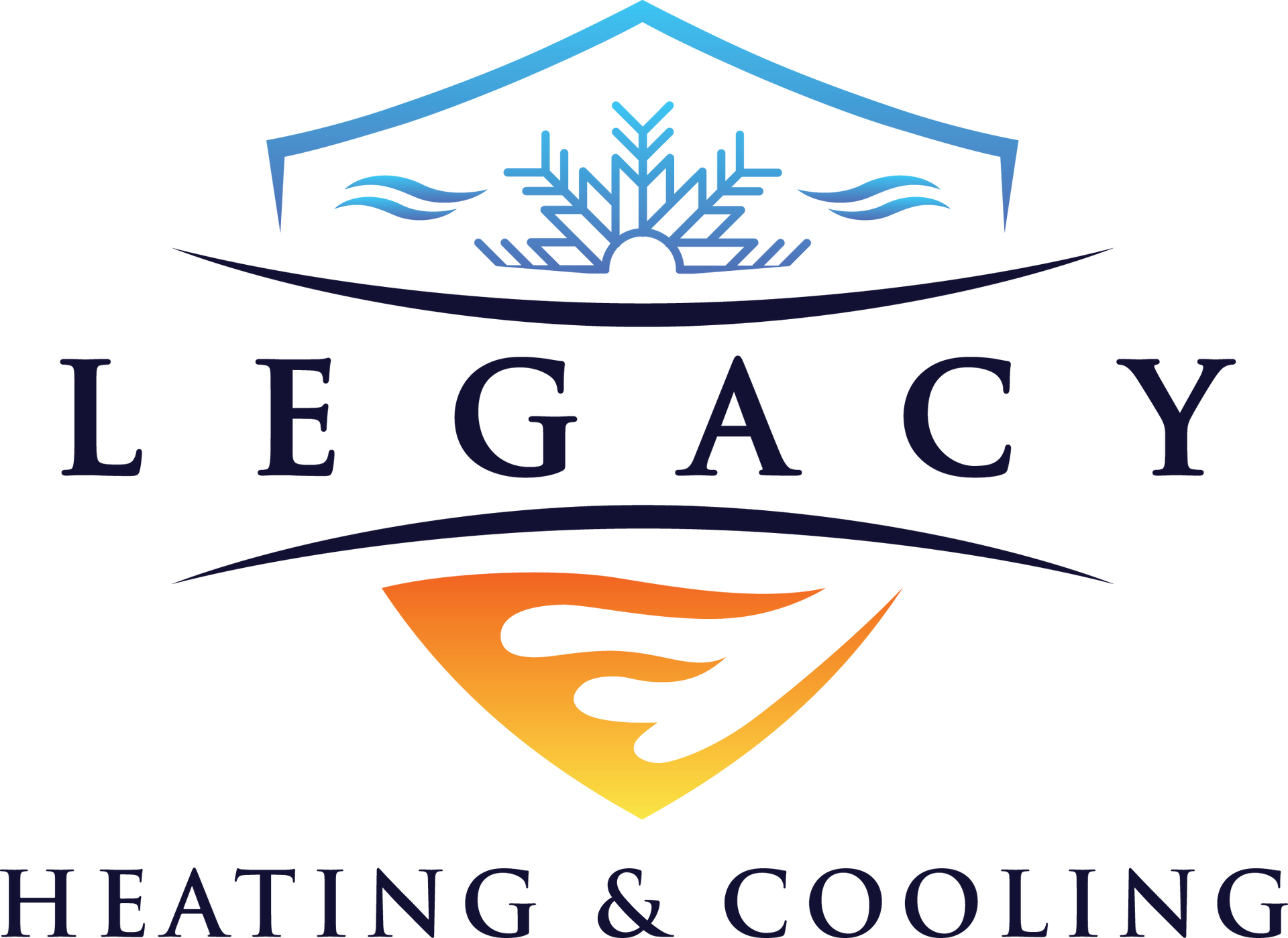Simple Summer Air Conditioning Tips for Rhode Island Living
Summer Air Conditioning Tips for Rhode Island Residents
When summer heats up in Rhode Island, efficient air conditioning and
HVAC services in Rhode Island become essential for comfort and energy savings. Homeowners and business operators face the dual challenge of keeping spaces cool while managing rising energy costs. This article provides practical tips on AC system preparation, energy-saving strategies, local weather impacts, repair signs, HVAC services in Rhode Island, indoor air quality improvement, professional upgrades, and reducing environmental impact for optimal performance throughout the summer.
How Can Rhode Island Residents Prepare Their AC Systems for Summer?
Proper preparation is essential for Rhode Island’s hot and humid summers. Homeowners should start with a comprehensive maintenance plan before the heat peaks. Key tasks include cleaning components, calibrating thermostats, checking refrigerant levels, and inspecting ductwork to ensure even cooling. Timely maintenance extends the unit’s lifespan, enhances energy efficiency, and reduces costly breakdowns.
What Are the Essential AC Maintenance Tasks Before Summer?
Maintenance tasks include cleaning coils and fans, lubricating moving parts, and checking for electrical issues. Homeowners should clear debris from outdoor condenser coils and verify that sensors are functioning. Replacing capacitors and checking refrigerant levels helps the unit run at peak performance, reducing energy usage by up to 20% and ensuring reliability when it matters most.
How Often Should You Replace or Clean AC Filters in Rhode Island?
AC filters should be cleaned or replaced every 1 to 3 months, depending on usage and indoor air conditions. Regular filter replacement ensures efficient airflow, reduces system strain, and prevents high energy bills, poor indoor air quality, and compressor overwork.
Why Is Scheduling Professional AC Tune-Ups Important for Rhode Island Homes?
Professional tune-ups detect hidden issues and improve efficiency by ensuring every component works harmoniously. Licensed HVAC technicians perform diagnostics to identify potential problems before they escalate. Regular inspections and tune-ups enhance cooling performance, lower operational costs, and provide peace of mind during the demanding summer.
What Are the Best Energy-Saving Tips for Air Conditioning in Rhode Island Summers?
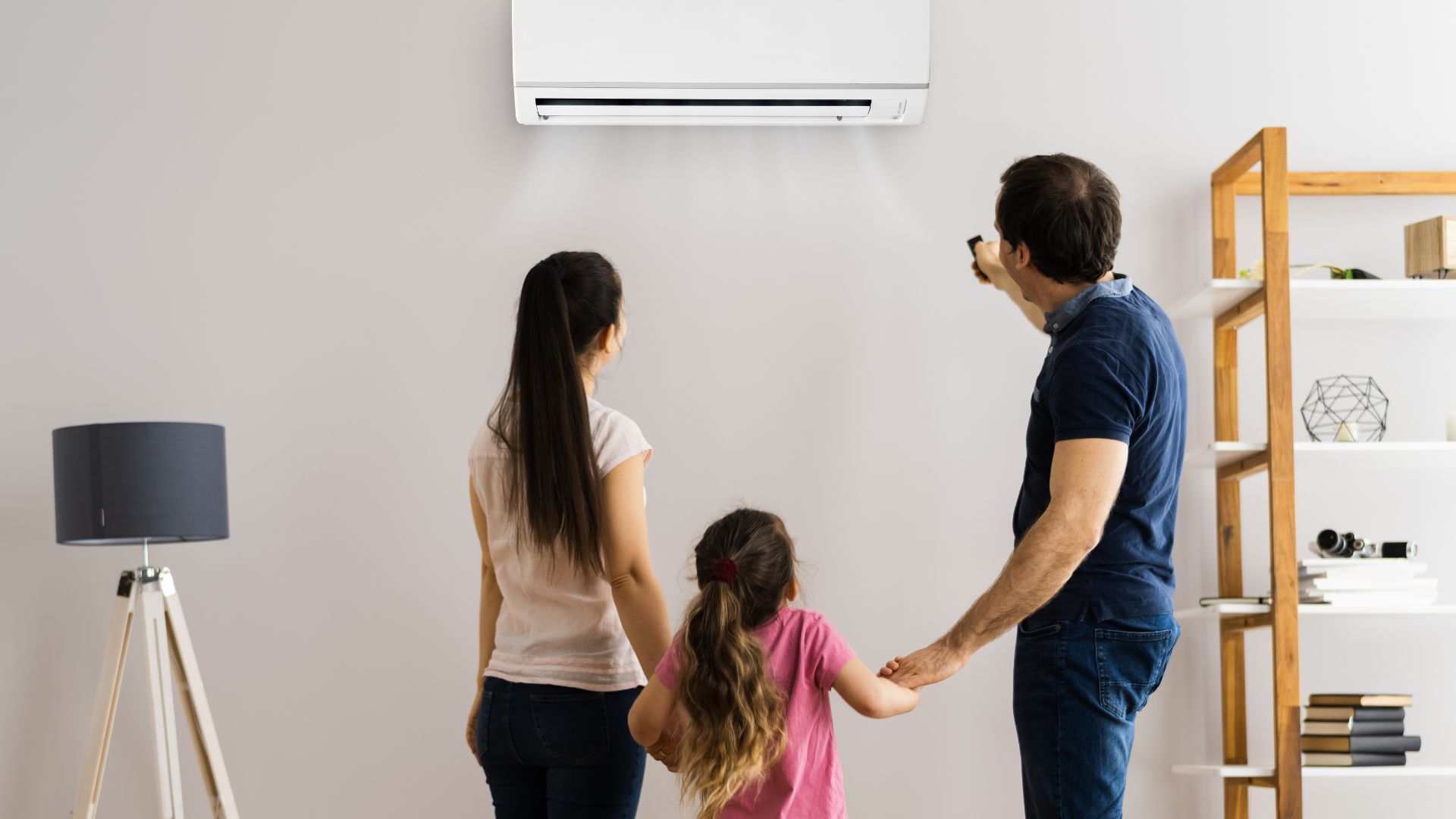
Reducing cooling costs while maintaining comfort is a top priority. Energy efficiency is achieved with smart practices and technological upgrades. Simple adjustments to thermostat settings, home insulation, and other energy-saving measures can significantly impact monthly bills.
How Can Smart Thermostats Help Reduce Cooling Costs?
Smart thermostats adjust temperature settings based on occupancy and daily routines. They learn your schedule and optimize cooling cycles to avoid energy waste. Remote control via smartphones ensures that cooling is used only when needed, contributing to lower energy consumption.
What Temperature Settings Optimize Comfort and Savings?
Setting the thermostat to 78°F when the home is occupied and raising it by 4–6°F when away can significantly reduce energy use. This practice balances comfort with reduced workload for the AC system, preventing constant on-off cycling and saving energy.
Which Home Insulation Improvements Support AC Efficiency?
Upgrading insulation in walls, attics, and around windows preserves cool air by reducing heat influx. Sealing leaks and adding energy-efficient windows lessen the cooling burden. These measures not only improve home comfort but also lower energy bills during intense summer heat.
How Do Rhode Island’s Climate and Weather Affect Air Conditioning Needs?

Rhode Island’s coastal climate, high humidity, and variable temperatures directly impact AC performance. These conditions necessitate systems that are optimized for moisture removal, efficient cooling, and durability.
What Are Common AC Issues Caused by Rhode Island’s Humidity and Heat?
High humidity can lead to condensate buildup, reduced cooling efficiency, and even mold growth. Excess moisture forces the system to work harder, which accelerates wear and increases energy consumption. Regular maintenance and dehumidifying practices help mitigate these issues.
How Does Coastal Weather Impact AC Performance and Maintenance?
Coastal air often contains higher salt and moisture levels that can corrode metal components over time. Homeowners near the coast should focus on cleaning and protective coatings. Such enhanced maintenance helps prevent corrosion-related failures and extends system longevity.
When Is Peak AC Usage Time in Rhode Island Summers?
AC usage typically peaks mid-afternoon when temperatures and humidity are highest. Knowing peak times assists in budgeting energy consumption and scheduling maintenance during off-peak hours. Using programmable thermostats to stagger energy use further reduces spikes.
What Are the Signs You Need Air Conditioning Repair or Replacement in Rhode Island?
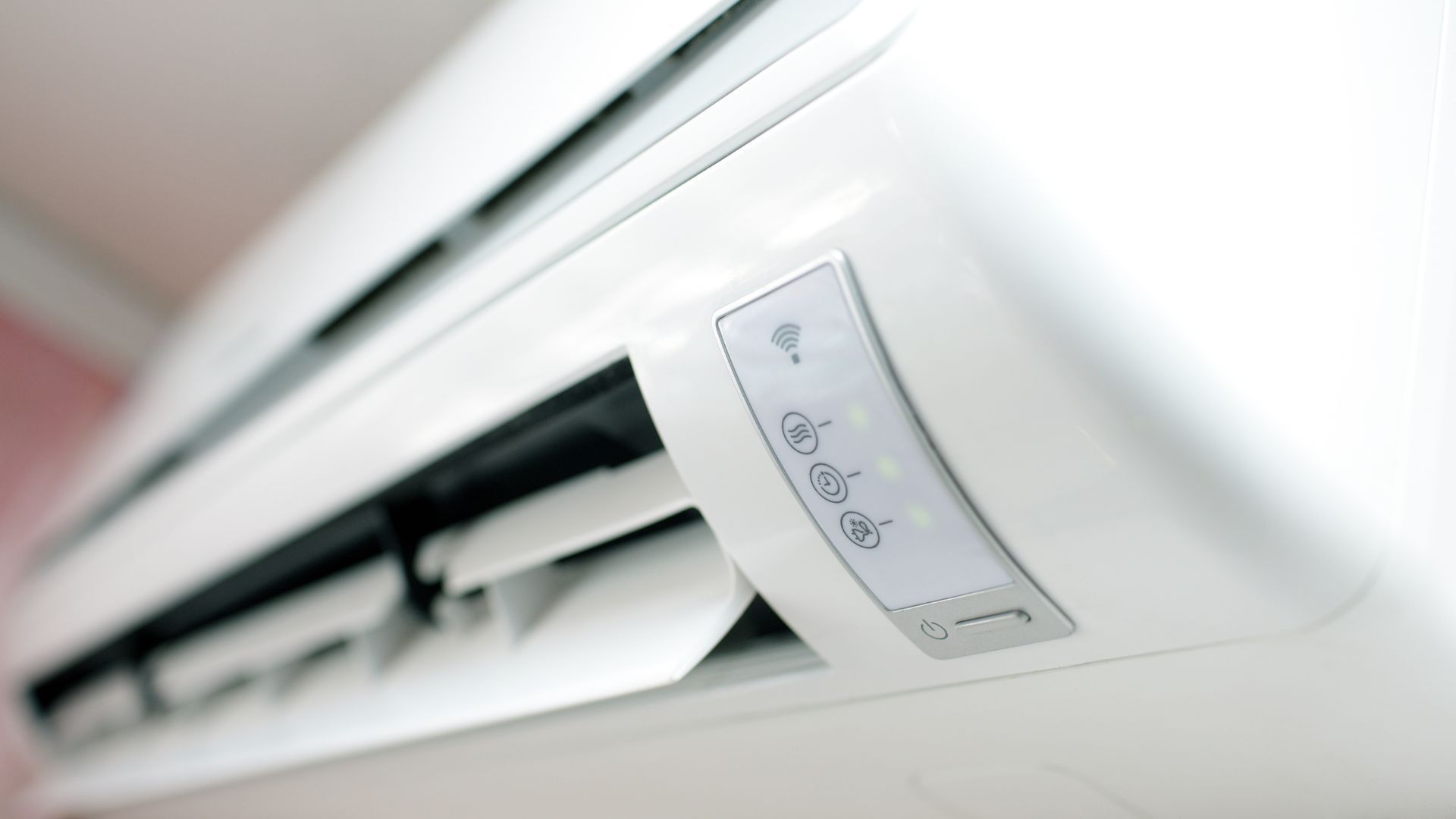
Early identification of AC issues is crucial for timely repairs and avoiding complete system failures. Residents should monitor for warning signs that indicate repair or replacement needs.
How to Identify Common AC Problems Early?
Unusual noises, reduced airflow, and inconsistent temperatures are early indicators of mechanical or electrical issues. Regular monitoring of system performance can catch problems before they lead to a full breakdown and expensive repairs.
When Should You Consider Replacing Your AC Unit?
Replacement should be considered if the unit is over 10–15 years old, requires frequent repairs, or if energy bills have noticeably increased. Modern AC units are more energy-efficient and environmentally friendly, offering improved performance at lower operational costs.
What Emergency AC Services Are Available Locally?
Rhode Island offers 24/7 emergency HVAC services for sudden failures during peak heat. Local companies provide prompt repair visits, minimizing downtime and ensuring that residents remain comfortable even during unexpected breakdowns.
How Can Rhode Island Residents Improve Indoor Air Quality During Summer?

Maintaining indoor air quality is vital for health, especially when windows and doors remain closed during hot summer days. Good air quality supports respiratory health and overall well-being.
What Role Do AC Filters Play in Indoor Air Quality?
AC filters trap dust, pollen, and other particles to significantly impact indoor air quality. High-performance filters remove contaminants that can trigger allergies and asthma; regular maintenance ensures optimal performance.
How Often Should AC Ducts Be Cleaned in Rhode Island Homes?
Duct cleaning is recommended every 3–5 years or sooner for those with respiratory issues. Over time, the accumulation of dust and allergens in the ductwork can reduce air quality and system efficiency. Regular cleaning improves airflow and contributes to a healthier environment.
Can Using Dehumidifiers Complement Your AC System?
Yes, dehumidifiers work with AC systems to remove excess moisture from the air. Reducing humidity enhances comfort and prevents the growth of mold and allergens, keeping the indoor atmosphere balanced and clean.
What Are the Benefits of Professional AC Installation and Upgrades in Rhode Island?

Professional installation and system upgrades ensure that AC units operate at peak performance. Expert technicians provide precise installation, optimization, and integration of modern technology to immediately improve energy efficiency and cooling performance.
How Does Local Expertise Improve Installation Quality?
Local HVAC professionals understand Rhode Island’s unique climate challenges and offer customized solutions. Their expertise ensures correctly sized installations, proper outdoor unit placement, and effective ductwork configurations for efficient cooling.
What Are the Advantages of Upgrading to Energy-Efficient AC Models?
Modern AC models meet Energy Star guidelines, reducing energy consumption and lowering utility bills. Upgraded units include features like variable-speed motors and smart connectivity, which enhance performance, extend system life, and reduce environmental impact.
How Can Smart Thermostat Integration Enhance Your Cooling System?
Integrating smart thermostats allows remote control, scheduling, and real-time monitoring. These devices adjust based on user behavior, promoting better temperature control and enhanced energy savings by minimizing wasteful cooling cycles.
How Can Rhode Island Residents Maximize AC Performance While Minimizing Environmental Impact?
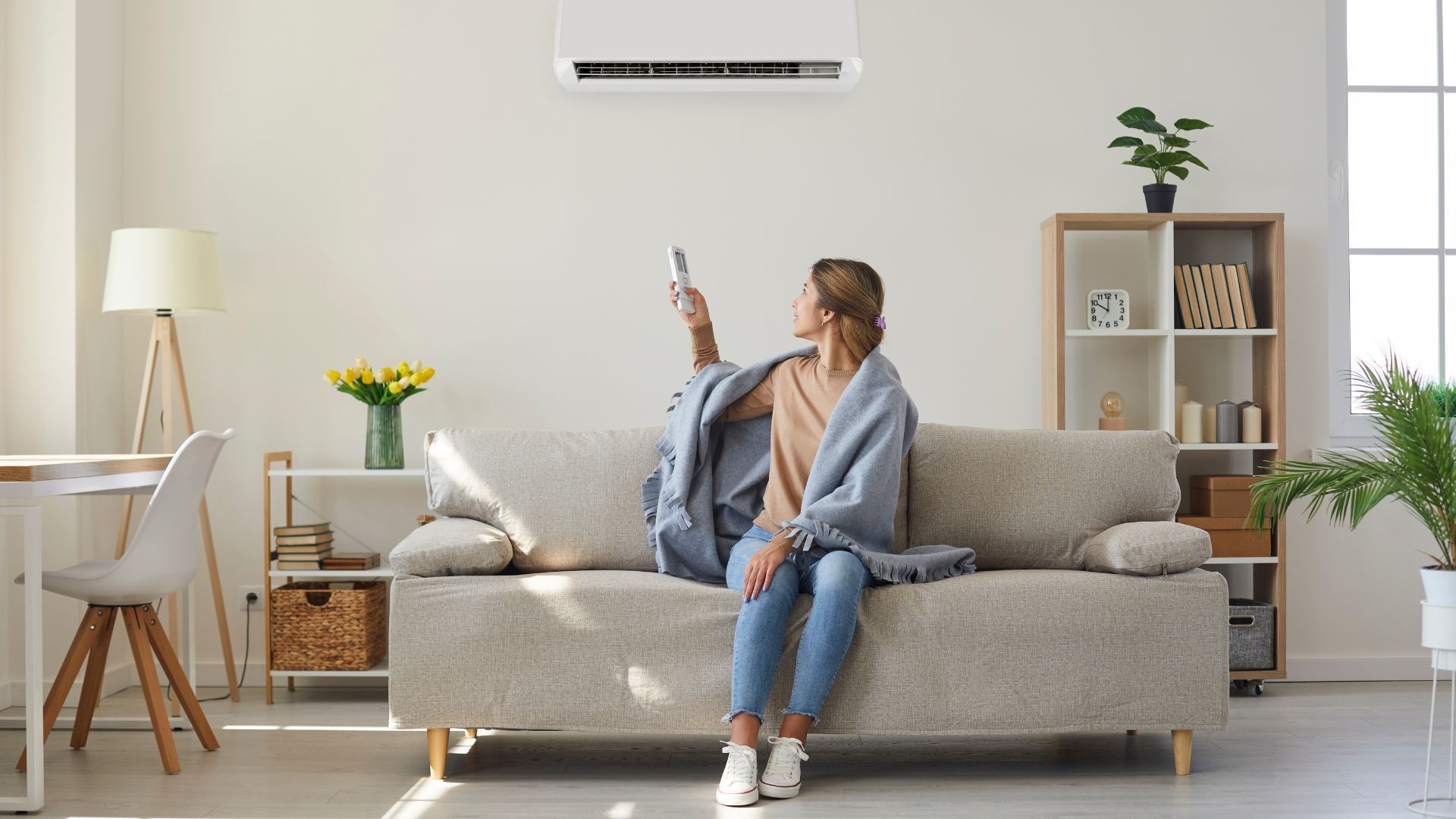
It is possible to balance AC performance with environmental responsibility through eco-friendly practices and regular maintenance. Sustainable cooling practices benefit both homeowners and the local ecosystem.
What Are Eco-Friendly Cooling Practices for Summer?
Eco-friendly approaches include using blackout curtains to reduce heat gain, employing ceiling fans to circulate cool air, and setting thermostats to energy-saving temperatures. Routine cleaning of filters and ducts also ensures efficient operation and low energy use.
How Does Regular Maintenance Reduce Energy Waste?
Timely repairs and tune-ups ensure that all components operate as designed. A well-maintained AC unit consumes less energy and reduces greenhouse gas emissions, while also preventing sudden breakdowns that require energy-intensive emergency repairs.
Are There Local Incentives for Energy-Efficient AC Upgrades?
Numerous local utility companies and government programs offer rebates and tax credits for upgrading to energy-efficient AC units. These incentives help offset the initial investment and encourage sustainable practices in residential and commercial properties.
Summary Table: Energy Efficiency and AC Maintenance Tips
Before upgrading an AC system, compare models and maintenance practices to find the best long-term investment:
| Key Focus Area | Best Practice | Benefit | Quantifiable Impact |
|---|---|---|---|
| AC Maintenance | Regular filter cleaning/replacement | Improves airflow, reduces energy waste | Up to 20% energy savings |
| Smart Thermostat Integration | Automated temperature adjustments | Optimizes cooling cycles | Reduces cooling usage by 10-15% |
| Insulation Improvements | Sealing leaks, upgrading windows | Maintains indoor temperature | Enhanced efficiency, lower bills |
| Professional Tune-Ups | Annual inspections by local experts | Extends unit lifespan, improves performance | Reduces repair costs over time |
Final Thoughts
Rhode Island residents have many strategies to ensure their AC systems perform optimally during summer. Regular maintenance, smart thermostat integration, proper insulation, and eco-friendly practices help maximize comfort while minimizing energy costs. These measures lead to significant savings, longer system life, and improved indoor air quality. As summer approaches, now is the perfect time to evaluate and enhance your air conditioning system.
Frequently Asked Questions
How often should AC filters be replaced in Rhode Island homes?
Replace or clean AC filters every 1 to 3 months, depending on use and indoor air quality.
What temperature setting is ideal for balancing comfort and energy savings?
Set the thermostat to around 78°F when the home is occupied and raise it by 4–6°F when empty.
Can professional AC tune-ups lower energy bills?
Yes, regular professional tune-ups improve efficiency, reduce energy waste, and can lower energy bills by up to 20%.
What are the eco-friendly practices to support AC efficiency?
Use blackout curtains, seal leaks, upgrade insulation, and integrate smart thermostats for better efficiency.
Are there local incentives in Rhode Island for energy-efficient AC upgrades?
Many local utility companies and government programs offer rebates and tax credits to support energy-efficient AC installations and upgrades.
